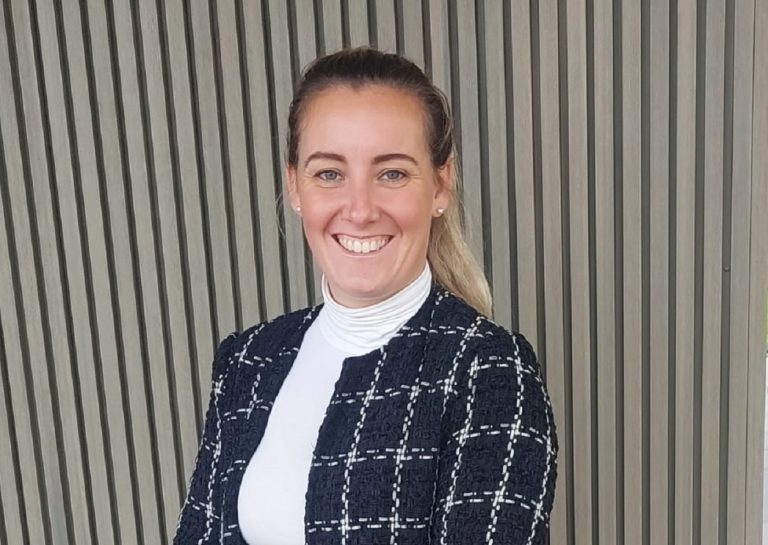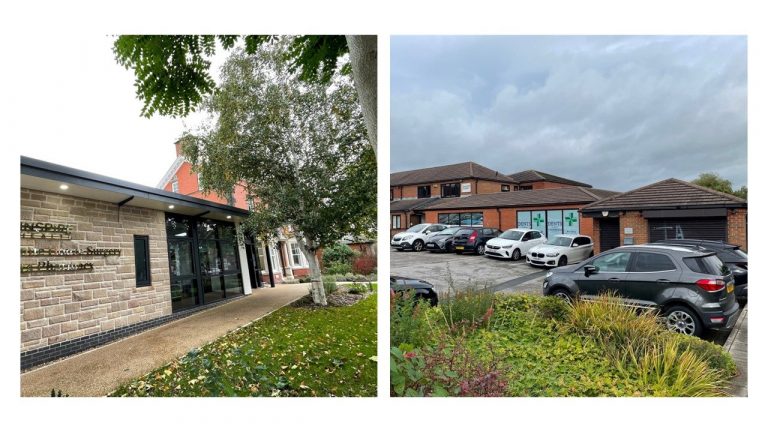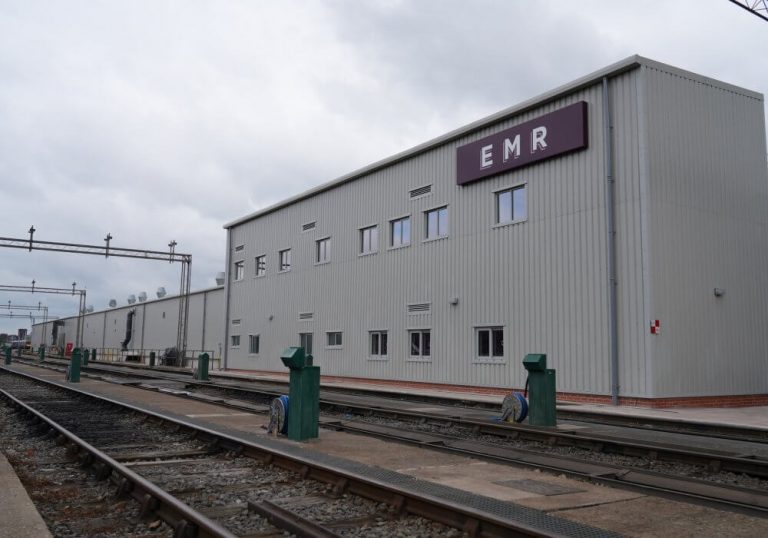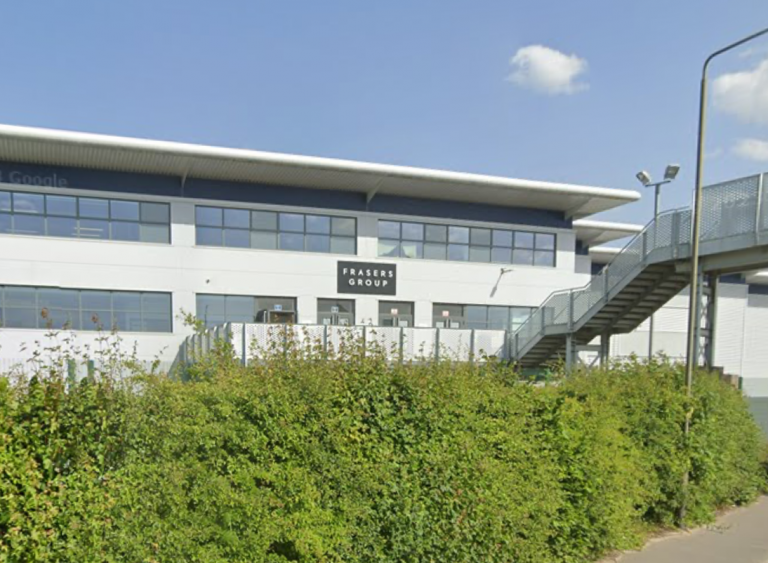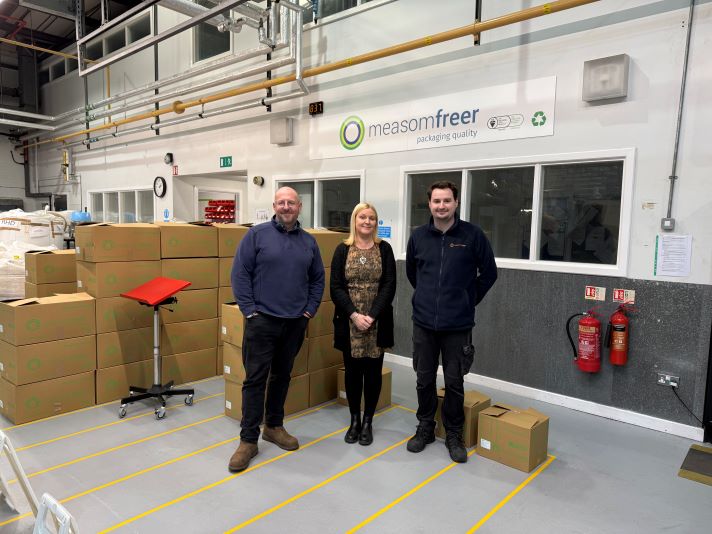Michael Ball, tax partner at Streets Chartered Accountants, considers the impact of upcoming changes to National Insurance contributions and minimum wage.
The first Labour Budget in 14 years was supposedly billed as being one to drive growth, though it is hard to see how this will come about as from next April, businesses face increased costs of employing people with the rise in the national minimum wage to £12.21 an hour and employers’ National Insurance from 13.8% to 15%. Furthermore, the threshold at which employees’ earnings are liable for employers’ NIC will drop from £9,100 to £5,000.
Whilst employers are set to benefit from the change in the amount of employers’ allowance that they can deduct from their bill from £5,000 to £10,000, the overall cost for most is set to rise significantly.
By way of an illustration, a business employing 100 workers working 40-hour weeks at minimum wage, from next year will face an extra £103,000 in NI and an extra £160,000 in salary. So, a total extra cost of £263,000, though if you are a company the corporation tax relief available brings it down to £197,000.
It is widely reported and acknowledged that whilst the changes to NIC will affect all businesses it will be especially hard hitting for those in the hospitality and care sectors and all of those for which staff costs are the greatest cost.
Measures to manage the impact of the hike in employers NIC are likely to include:
- consideration to reducing head count
- reducing hours and the staffing mix
- replacing labour with technology
- holding off recruitment and even a freeze on pay or reduced pay awards in 2025.
Perhaps one of the more common approaches to soften the blow is offering a salary sacrifice scheme, whereby employees agree to reduce their gross salary in exchange for a non-cash benefit, such as additional pension contributions, tech schemes, electric vehicle schemes or bike-to-work schemes. However, care must be taken to ensure the overall package remains attractive to employees.
For those employees who are company directors, it may be worth considering looking at alternative remuneration and paying a portion of their income as dividends instead of salary, as dividends are not subject to NICs. However, this approach requires the business to be profitable to make such payments.
For others it might be a good time to look at taking on an apprentice, as employers who employ apprentices under the age of 25 pay a lower rate of National Insurance contributions. Under certain conditions, they may be eligible to pay no employer NICs on apprentices’ earnings up to a certain threshold.
Whilst April may seem some time off, all employers and especially those with a larger number of employees and/or those for whom their payroll is the greatest cost, will need to assess and consider the impact of the pending changes.
Assessing the potential increase in both your wage and NIC bills is paramount, as is talking to your accountants and their tax teams about any strategy to manage the situation. It is vital that any steps or actions taken do not fall foul of HMRC’s rules and regulations. Non compliance can lead to penalties, fines, and even reputational damage. There could also be a risk that any action taken, whilst seeming to save on tax, could lead to another unintended tax liability.
See this column in the December issue of East Midlands Business Link Magazine here.




